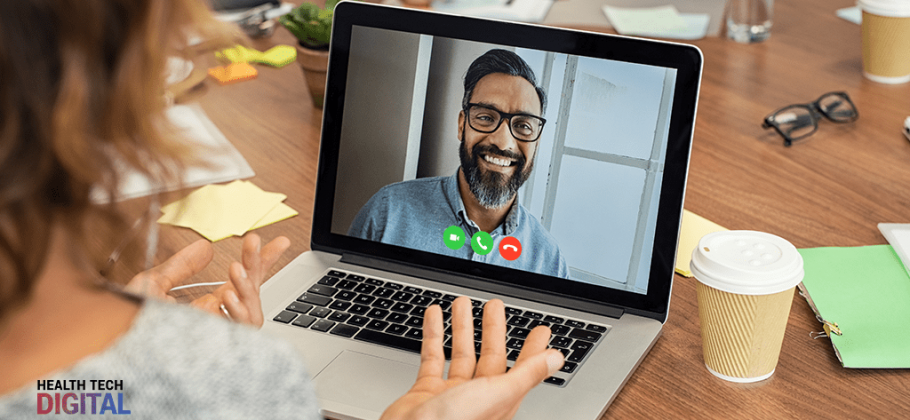mHealth has the potential to help millions of patients throughout the world. However, mobile health uptake has been relatively slow. Doctors cite their lack of time to focus on its development and patients do not trust data management. However, with almost 5 billion people across the world using a mobile phone, mHealth could improve many lives.
Unfortunately, work schedules can mean that patients struggle to see healthcare professionals and many GPs do not offer extended work hours to meet the needs of patients who work a 9-5 job. Across the world, the number of GPs makes access to healthcare a struggle. In countries such as Zimbabwe, there is just one doctor per 10,000 patients. However, 89% of households in Zimbabwe own a mobile phone.
Therefore, mHealth could be incredibly effective in offering convenient and accessible healthcare to all the individuals that need it. As a result, mHealth could contribute to global wellness.
Definition of mHealth
As of yet, the World Health Organisation has yet to provide a standardised definition for mHealth. However, it is largely recognised as a way that mobile devices can support medical and public health practices.
However, mHealth is incredibly versatile. It can be used for a variety of healthcare needs to help improve the quality of life and effective medical treatment.
What are the uses of mHealth?
Medication management – many healthcare problems stem from patients not taking their medication in the way they have been instructed. As a result, this can lead to disease progression, lack of effectiveness, poor outcomes and unnecessary healthcare costs. However, mHealth can help to track medication management and ensure people take medication through prompts and logging.
Direct communication – Another benefit of mHealth is the reduced need for paper-based communication. This helps to keep patient data secure, reduces the need for storage in medical facilities and lowers the cost of communication. Furthermore, data remains accessible as it is stored in just one place.
Patient communication – mHealth also offers patients the chance to connect with healthcare professionals even when they cannot physically get to a doctor. This application of mHealth could potentially save lives as well as enable early intervention for medical issues.
Are there any drawbacks to mHealth?
Due to the undefined nature of mHealth, the first issue it that fact that there is a lack of regulation. However, the experts do describe mHealth as a low-risk activity. In the United States, there are currently over 325,000 mHealth apps. Yet, just a small percentage of these have been approved by the Food and Drug Administration.
Another issue that can cause problems is if patients become too reliant on the mHealth app. Many patients will turn to an app rather than seeking professional health. However, many apps are not regulated meaning the information may not be accurate. There is a potential that many people could receive an incorrect diagnosis which could endanger lives.
The future of mHealth
mHealth has the potential to significantly improve the health and wellbeing of millions of patients. It can save the healthcare industry millions by making the switch from reactive healthcare to preventive and patient-focused healthcare.
However, in order for mHealth to be successful, regulation is essential. Policies are urgently needed to help define the limits of mHealth and manage its development.













